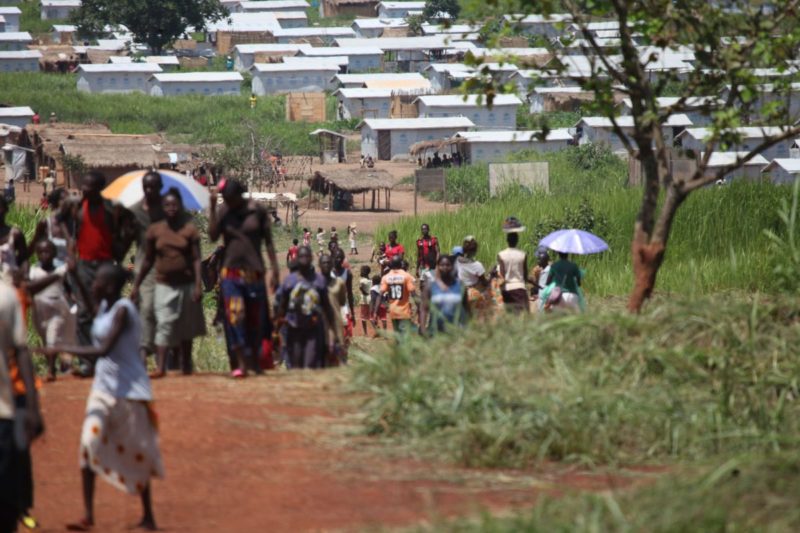Complex Humanitarian Emergencies: Where crisis, conflict, climate and COVID-19 meet

Complex humanitarian emergencies (CHEs) are often challenging for U.S.-based funders to understand. Only a small fraction of U.S. philanthropic funding goes to CHEs, yet it’s where the most significant humanitarian needs exist today.
The 4Cs – crisis, conflict, climate and COVID-19 – are the heart of the intricate layers of compounding crises in CHEs today. With so many different humanitarian emergencies happening, how can funders know whether, where and how to focus their attention
The Center for Disaster Philanthropy (CDP) hosted a webinar to help funders learn about available humanitarian assessments and analyses and how to use these tools to help determine funding priorities. Speakers reflected on the current crisis in Ukraine, and profiled two CHEs – Afghanistan and the Democratic Republic of the Congo – to highlight examples of the types of help typically needed in these contexts.
CDP’s director of international funds, Alex Gray, outlined our increased focus on CHEs and how we are integrating that across our programs.
This webinar helped grantmakers and other donors better identify and prioritize CHEs, learn about the complex circumstances surrounding them and determine how to best support adversely affected communities that have the greatest unmet needs on the planet today.
CDP President and CEO Patty McIlreavy moderated the discussion and panelists included:
- Alex Gray, Director, International Funds, Center for Disaster Philanthropy
- Lars Peter Nissen, Director, ACAPS
- Dominic MacSorley, CEO, Concern Worldwide
This webinar was co-sponsored by Giving Compass, Philanthropy New York, Council on Foundations, Alliance Magazine and Network of Engaged International Donors (NEID Global).
Please see the slide deck, read the recap on Giving Compass and watch the webinar recording to learn more: